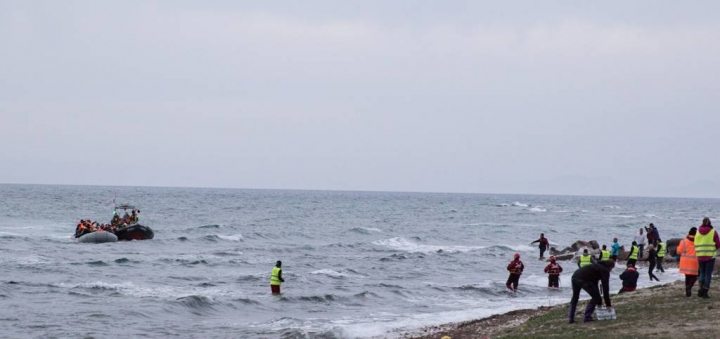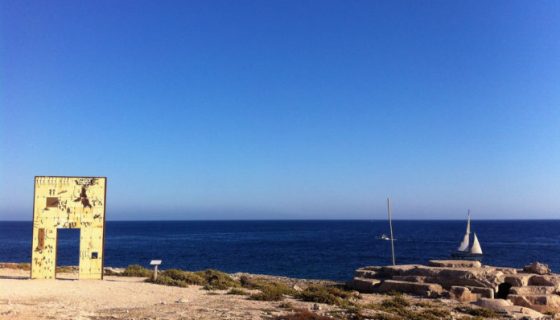- Mediterranean Hope - Federazione delle chiese evangeliche in Italia
- mh@fcei.it
October 3rd At The Time of King Amalek
Paolo Naso, coordinator Mediterranean Hope – FCEI
«Essere chiesa insieme» by Paolo Naso – a radio column aired on Sunday, October 2nd during the FCEI programme «Culto evangelico» on Radiouno.
In the Old Testament, the people of Israel – when finally freed from the Egyptian oppressor, set out to the Promised Land and were attacked by a king called Amalek. “Remember what Amalek did to you on the way as you came out of Egypt, how he attacked you on the way when you were faint and weary, and cut off your tail, those who were lagging behind you, and he did not fear God….” (Deuteronomy 25, 17-19.).
A sad story that we can, however, read today when thinking about other people fleeing the violence of modern Pharaohs in search of their promised land: when they reach a safe harbour, they face new abuses. These people are the immigrants and the asylum seekers who are rejected at the border, – as occurs on the border between Italy and Switzerland or France; or remain in overcrowded and inhuman refugee’s camps – as happened in Calais. Or, they are looked with fear and disdain by those who perceive immigration as a threat to security. Today, Amalek still exists and he is embodied by people, but also by institutions, laws and regulations that have furtherly hit men and women who have been already exhausted. With Amalek or with his victims: we cannot be in-between!
October 3rd marks the third anniversary of a toll occurred in Lampedusa and during which 368 migrants perished. After that the Italian Parliament dedicated a day to the victims of immigration. We have been watching movies and documentaries about the deaths at sea, we have heard words of courtesy about this exodus from North Africa and the Middle East towards Europe. And again, we have heard yelling gooders who welcomes, and the same people saying: “let’s send them back home!” or “let’s help at home!”. But amidst this general hubbub, there are the migrants with their stories and their fears, with the living memory of their destroyed houses in Homs or in Aleppo; the months they spent in Libya or Egypt waiting for a boat; the violence suffered by unscrupulous smugglers colluded with criminal organisations; the miserable people that stay in centres or border slums waiting to see what will be their fate. Thus, the only way to commemorate the victims of immigration should be the commitment to stop this tragedy with laws and programmes that allow safe and legal journeys to those who have been fleeing from war, persecution, hunger, violence. That is what the protestant churches and the Community of Sant’Egidio have been doing thanks to the humanitarian corridors that have been opened under an agreement with the Ministries of Interior and Foreign Affairs. To date, such corridors are just good practice, according to the language of the European bureaucracy, a pilot project which has involved just a thousand people. But, these corridors represent a good practice that can be improved and applied to other Schengen countries. We just have to believe in it!
That is what the Italian protestants will say when commemorating October 3rd in Lampedusa and in Scicli, where the FCEI (Federation of Protestant Churches in Italy) runs the “Casa delle culture”, a reception centre that houses unaccompanied minors. And, they will do this together with the representatives of the European and US Churches by signing a declaration of commitment to support the humanitarian corridors. Welcoming is the heart of the Christian message. The Faith in Christ means to welcome a person who is persecuted and crucified and serve those who knock on our door with hunger for food and justice.
As for Amalek and the harm he has done, the Bible says simply and directly: forget him and delete his memory. October 3rd should not be commemorated facing the past but looking at the future of human rights, and integration.





